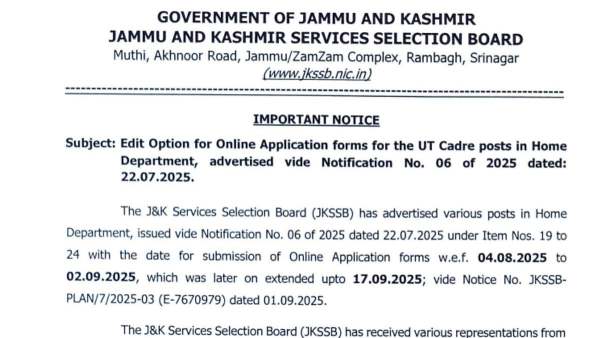
A major new study is challenging the long-standing practice of prescribing beta-blockers to patients after a heart attack.
“Currently, more than 80 per cent of patients with uncomplicated myocardial infarction are discharged on beta-blockers,” said the principal investigator of the trial. Beta blockers are believed to help by slowing the heart rate, lowering blood pressure and reducing the risk of future cardiac events.
However, new research from the REBOOT trial, involving 8,505 heart attack survivors in Spain and Italy, found that beta blockers do not appear to reduce the risk of death, a second heart attack or heart failure in patients whose hearts were not damaged and could even harm some, especially women.
Researchers randomly assigned half of the patients to take beta blockers, while the other half didn’t take the drugs. The patients had an uncomplicated myocardial infarction with preserved heart function and they were followed for nearly four years.
Results published in the New England Journal of Medicine showed no significant difference between the two groups in terms of survival, risk of another heart attack or hospitalisation for heart failure—suggesting that beta-blockers offer no benefit in cases where heart function remains intact after a heart attack.
A subgroup analysis from the REBOOT trial, published in the European Heart Journalfound that women treated with beta blockers experienced more adverse events. Women with preserved heart function after a heart attack had a 2.7 per cent higher absolute risk of death or another heart event if they were treated with beta-blockers compared with those who were not.
“Our findings suggest that a one-size-fits-all approach may not be appropriate and that sex-specific considerations are crucial for cardiovascular intervention prescriptions,” another lead researcher added.
These findings are expected to change international treatment guidelines. With advances in therapies such as angioplasty and clot-busting medications now minimising heart damage, the routine use of beta-blockers may no longer be necessary for many patients.
-
ICC Women's World Cup 2025: Smriti Mandhana Left In Disbelief As India Lose To England By Just 4 Runs In Indore

-
Zoho’s Sridhar Vembu Warns Of Massive Bubble In US Stock Market

-
JKSSB Recruitment 2025: Application Correction Window Opens; Check Details Here

-
Your courage compelled Pakistan to surrender during Operation Sindoor: PM Modi

-
Dubai-based German–Tamil boy sets Guinness record for music mastery
